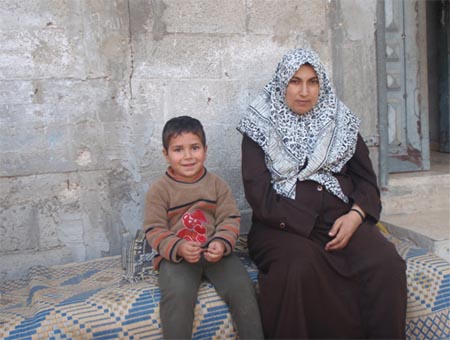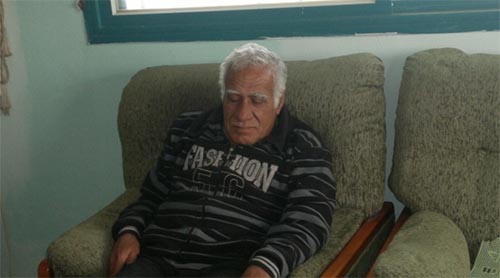-
17 January 2009 – The Al Ashqar family
17 January 2012 | Palestinian Centre for Human Rights “Madleen refuses to sleep by herself; she will only sleep in her parent’s room” says Nujoud, “she’s afraid to be by herself at all. The other day we were in the garden and I asked her to go to the bedroom to bring something. She refused […]
-
16 January 2009 – The Shurrab family
16 January 2012 | Palestinian Centre for Human Rights “Can I go to a court to restore my sons? No” says Mohammed. “What is the point in bringing the soldiers who killed my sons to justice when there will simply be more and more after them? When others will lose their sons as well? Soldiers […]
-
What happened on the 10th of January in Jericho
14 January 2012 | Mahmoud Zwahre, Al Ma’sara Village I would like to thank all of you who stand with us, who have showed amazing support these past three days and demanded our immediate release from Israeli military jail. I hope that we will be able to free Omar Dar Ayoub from Nabi Saleh soon, […]
Action Alert An Nabi Saleh Apartheid Wall Arrests BDS Bethlehem Bil'in Cast Lead Demonstration Denial of Entry Ethnic Cleansing Farmers Gaza Global Actions Hebron House Demolition International law Israeli Army Jerusalem Live Ammunition Nablus Ni'lin Prisoner Ramallah Rubber-coated steel bullets Settlement Settlers Settler violence Tear-Gas Canister Video


